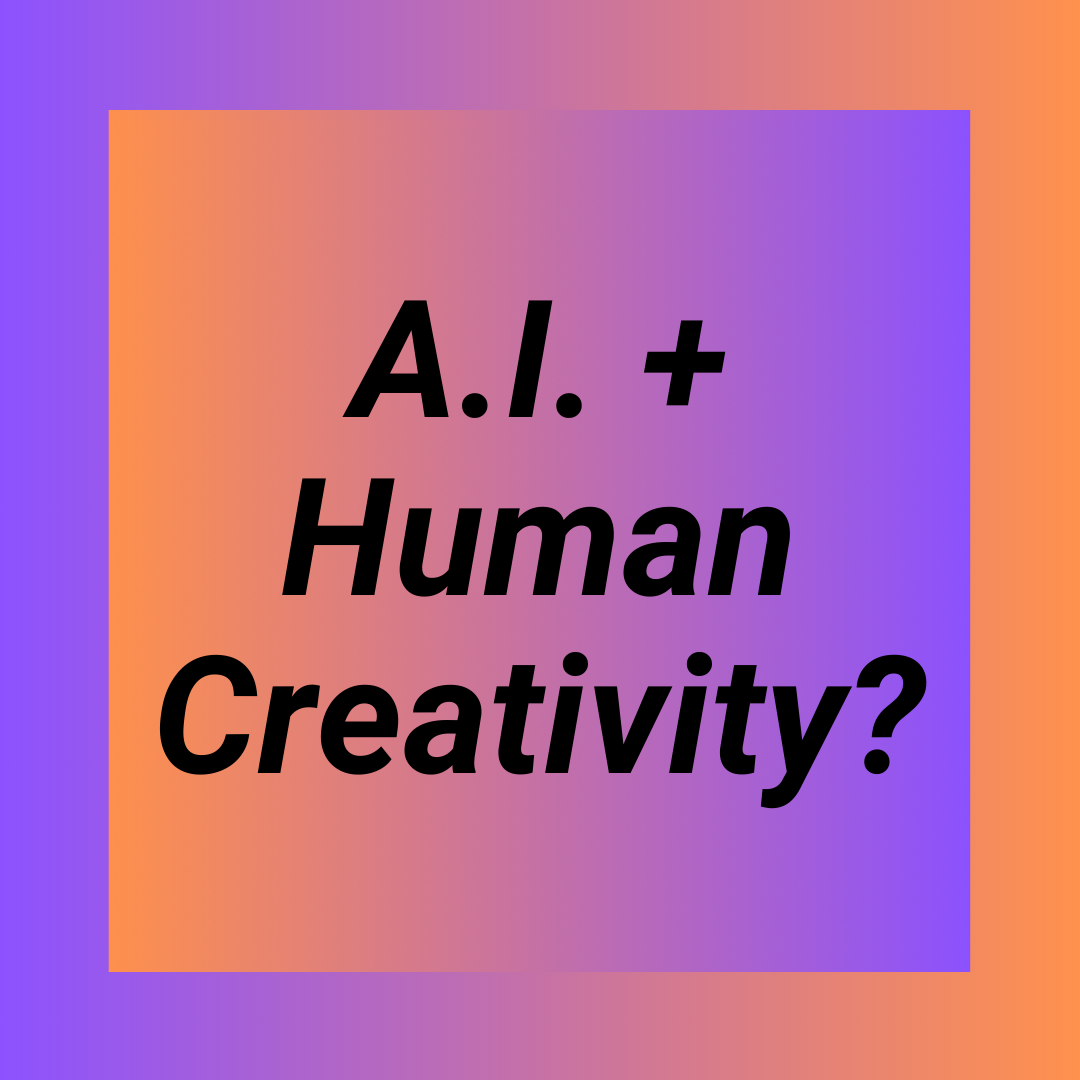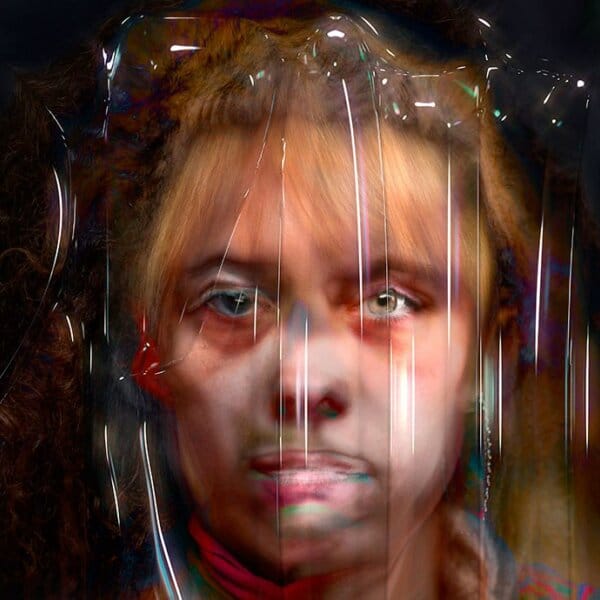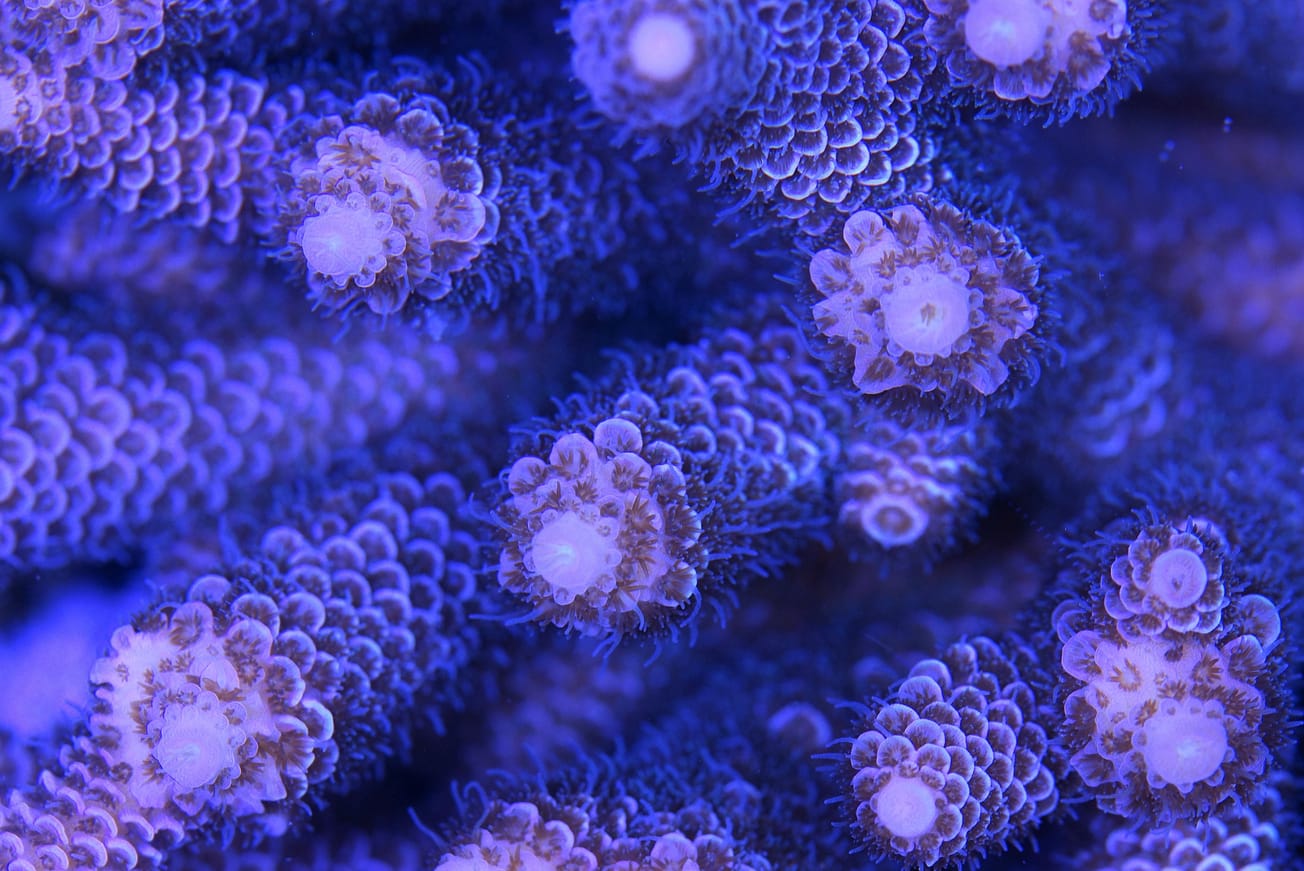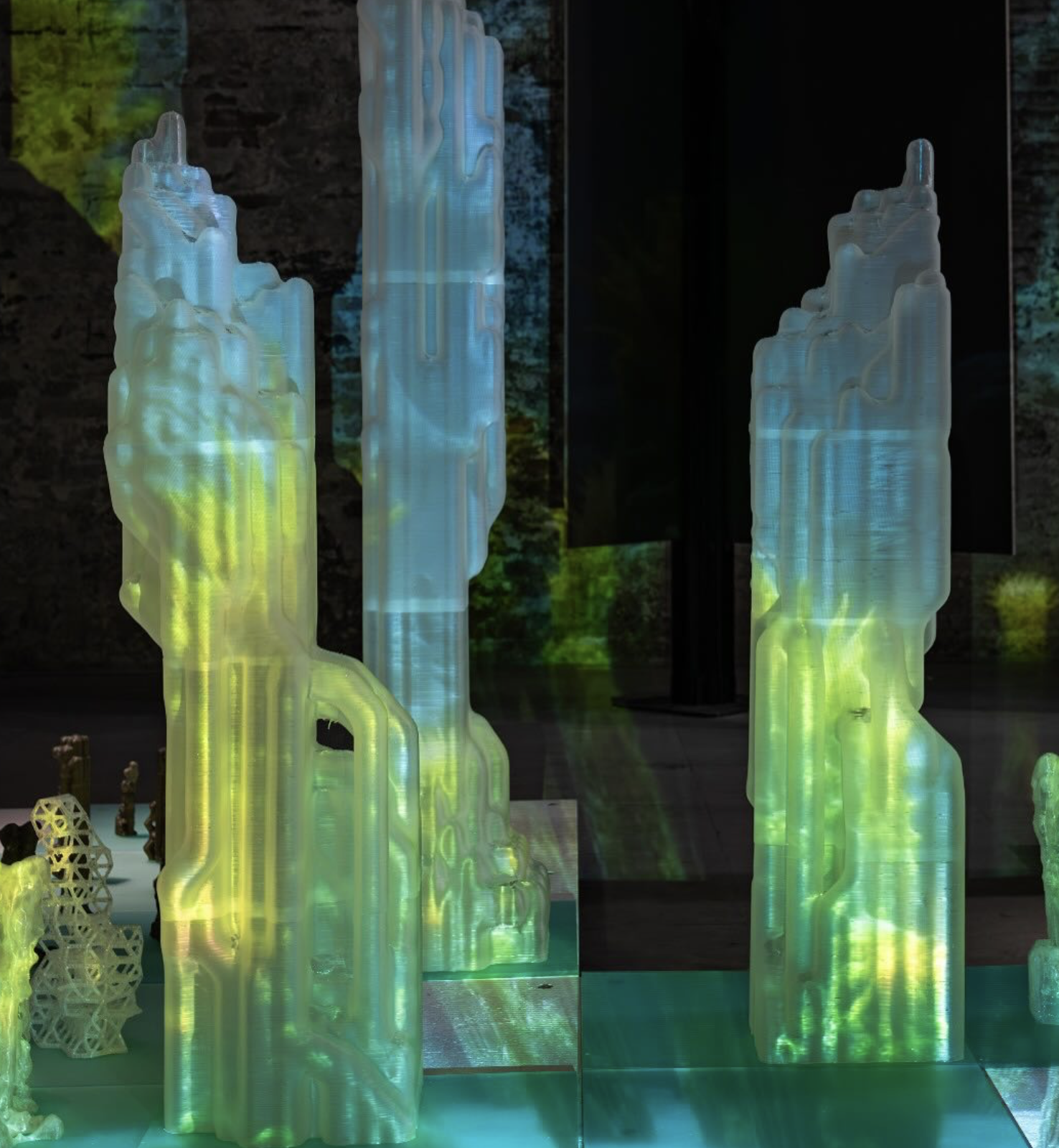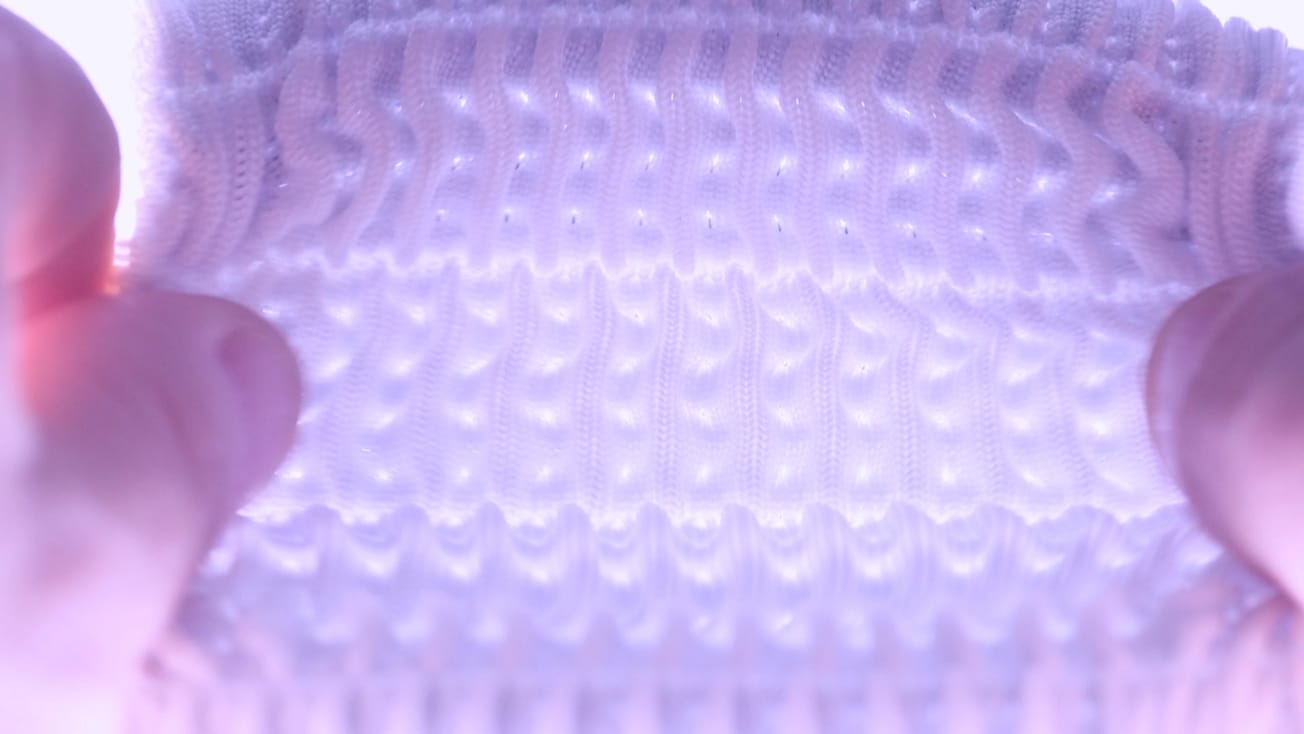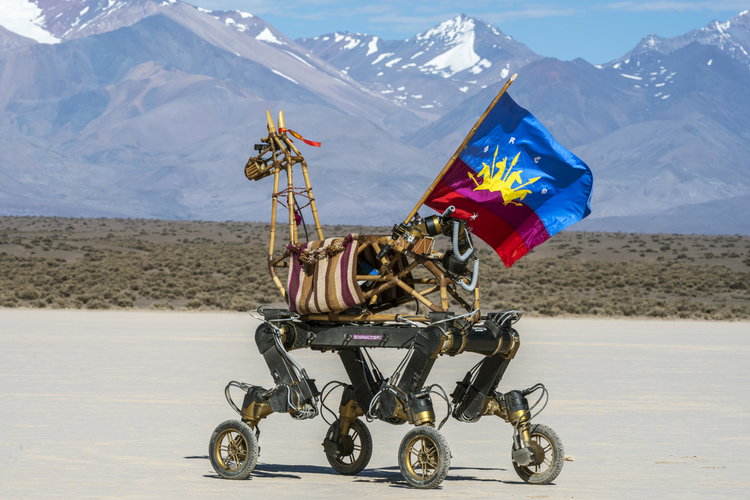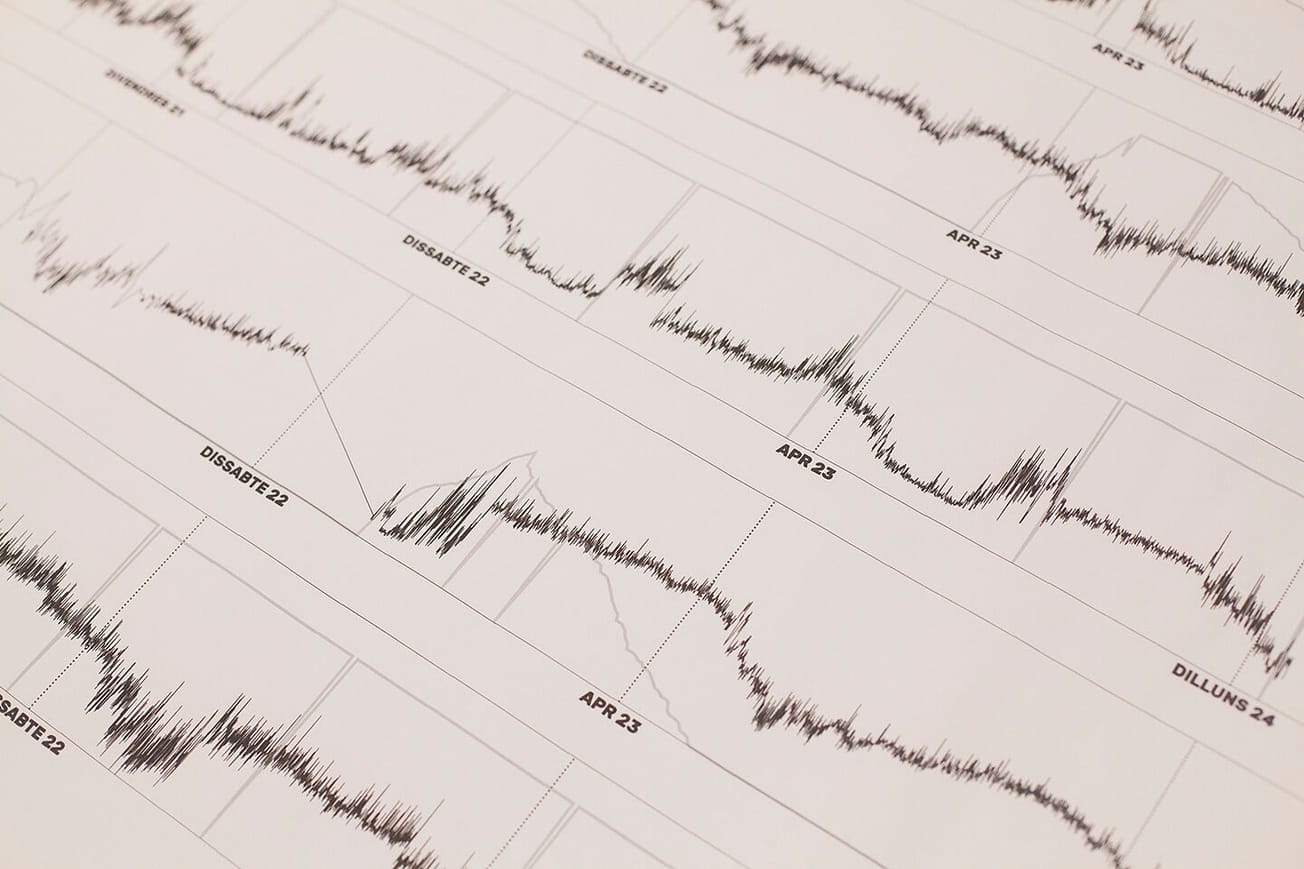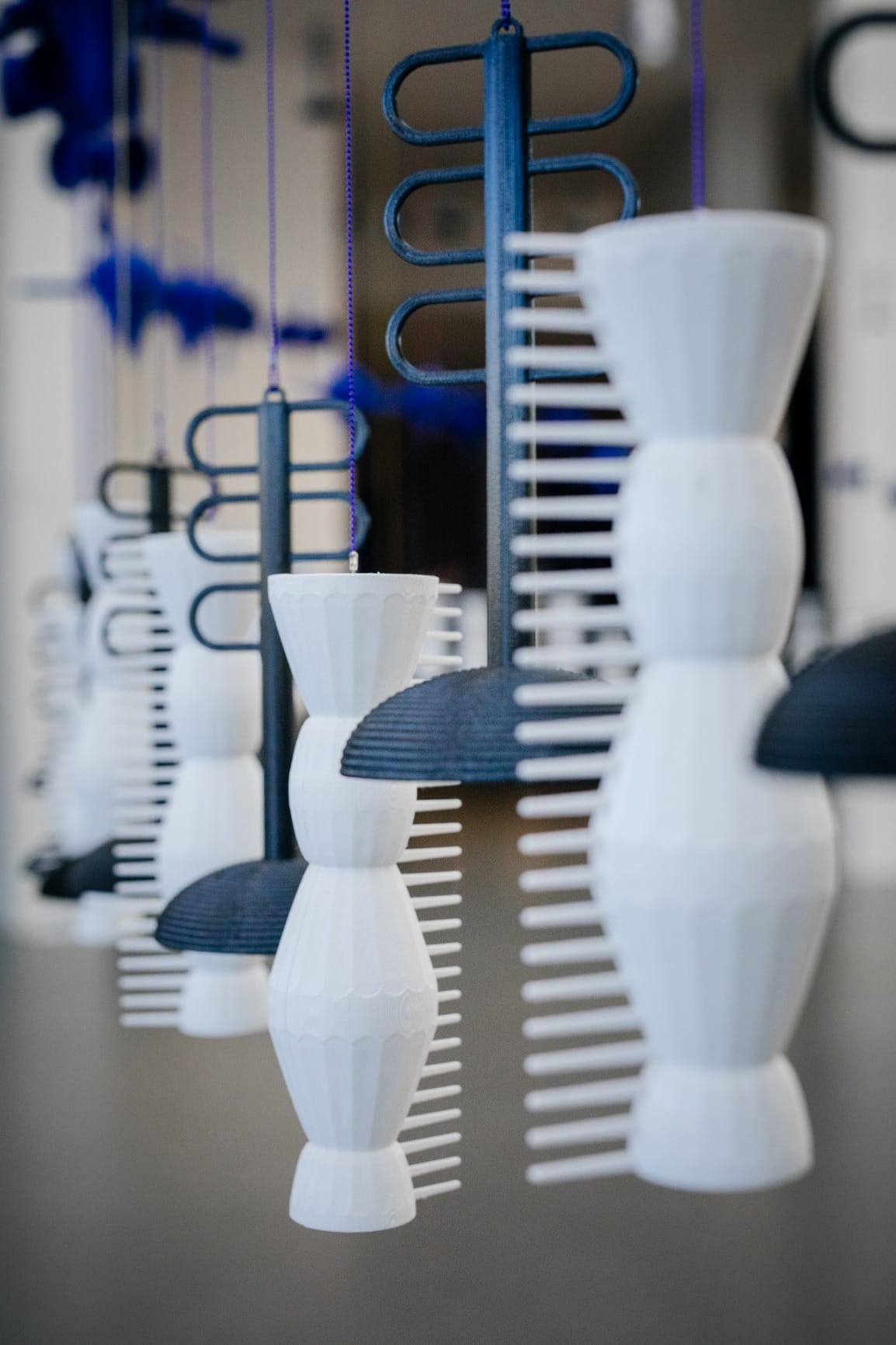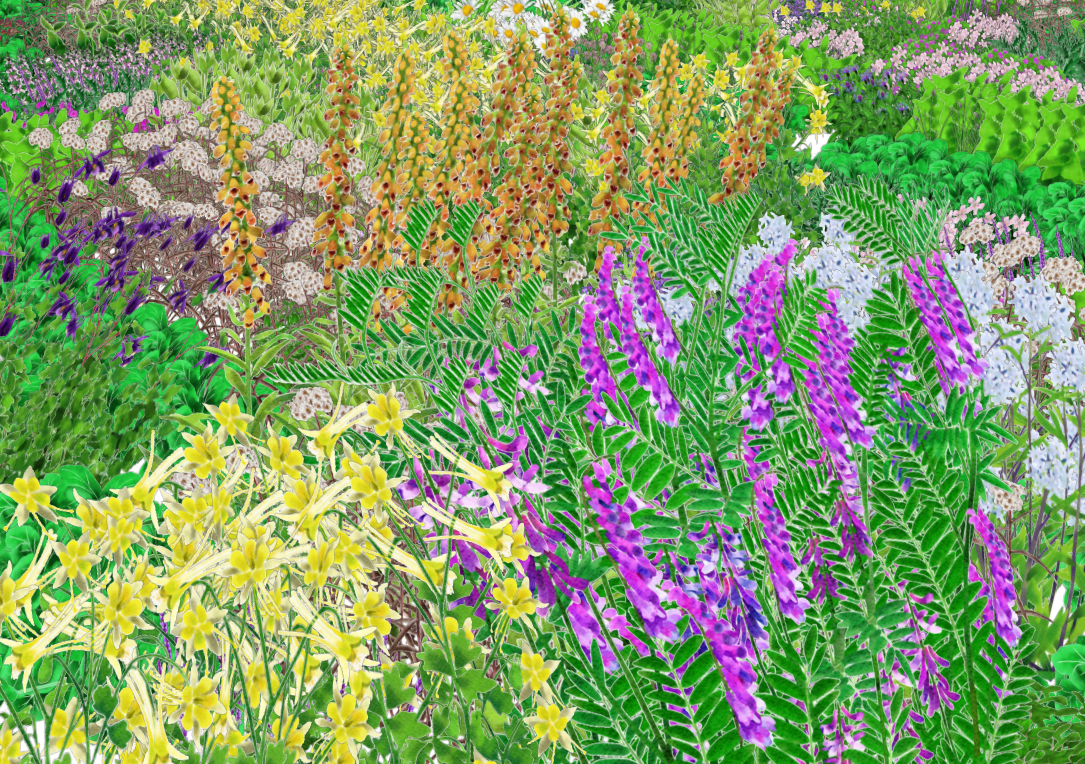The rapid advancement of generative AI over the last 18 months has sparked excitement and concern about employment futures across creative industries. Within this rather short period of time, we are already experiencing significant disruptions that indicate positive (and exciting!) areas of growth in the future of creative industry jobs, as well as anxieties about the impact on traditional creative jobs.
AI technologies like generative adversarial networks (GANs) and natural language processing (NLP) are leading to the creation of new tools and avenues for artists, designers, musicians, engineers, and creative technologists alike to expand and advance their work. Noted positive effects of AI on creative industries include enhanced productivity with automated tasks, expanded creative capabilities, and increased accessibility. At the same time, there are equally notable challenges. These include a number of practical concerns, such as equity issues with access to advancing technology, ethical concerns with copyright, privacy, and bias, and discernment of authentic content for end-users.
In addition to these concerns, which are currently being addressed at varying levels by industries and governments alike, there is perhaps a broader concern about the impact on originality and the prospect of AI replacing human creativity. However, it could be argued that AI may, in fact, not replace our creativity capabilities but rather augment them and expand opportunities for creative exploration and application.
For example, a number of Big Tech companies are investing in the development of AI-driven platforms for creating creative outputs, including:
- Google's Magenta: a research project that explores how AI can be used to create new forms of music.
- OpenAI's Musenet: a large language model that can generate music in a variety of styles.
- Adobe Sensei: a suite of AI tools that can be used to automate tasks in Adobe Creative Cloud applications.
- Autodesk's Project Refinery: an AI tool that can help designers create more effective and efficient design solutions.
- Unity's ML-Agents: an AI toolkit that can be used to create AI-powered characters and environments for games.
Will these platforms curtail or replace human creativity or expand our own creative possibilities? The rise of AI in the creative industry will undoubtedly significantly impact traditional creative jobs and lead to the emergence of new job roles and opportunities.
In addition to the growing demand for professionals who understand both creative principles and AI technologies, such as AI art directors, creative technologists, or AI ethics consultants specializing in creative fields, there is, at this moment, unrealized opportunity and potential for AI to replace, augment, or expand capabilities of human creativity. The imminent future might unveil a convergence of these possibilities, leading to profound transformations in creative landscapes.

